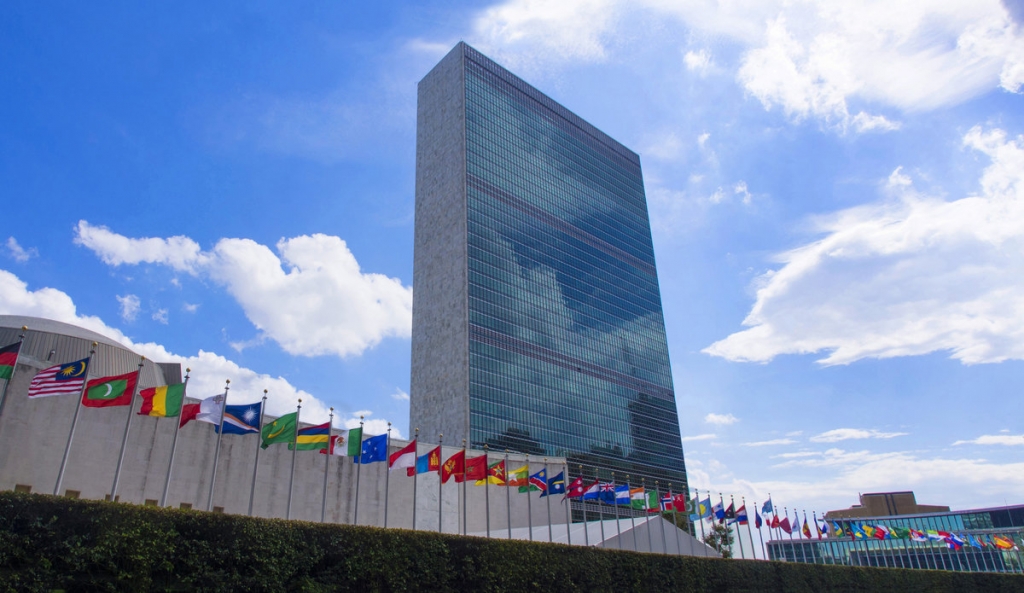Explanation of vote by First Deputy Permanent Representative Dmitry Polyanskiy in the First Committee of the 75th session of the UNGA after the vote on resolutions under cluster 4 "Conventional weapons"
Mr. President,
The Russian Federation abstained during the vote on draft resolutions L26, L53, L49.
We do not deem feasible to join the Convention on the Prohibition of the Use, Stockpiling, Production and Transfer of Anti-Personnel Mines and on their Destruction. We proceed from the assumption that anti-personnel landmines remain a valid and cost-effective way to ensure security of Russian borders.
We retain grave concerns with regard to reliability of the Landmines Convention, because it lacks tools to address incompliance.
The Russian Federation shares the goals and objectives of the Landmines Convention, however we successfully implement our approaches to countering the landmine threat in the framework of the Convention on «Inhumane» Weapons and its Amended «mines» Protocol II. We take dynamic steps to ensure that we have a world free of landmines.
We should also note that over the recent years Russia has disposed of more than 10 mln mines, including AP mines, and accumulated a solid scientific, technical, and expert capacity for de-mining.
Mr. President,
The Russian position on the Convention on Cluster Munitions (CCM) remains unchanged. This document was drafted hastily, outside the UN framework. We did not participate in the drafting process, because this document was initially aimed at introducing discriminatory restrictions that defied the defense and security interests of our country. The CCM merely declares a complete ban on cluster munitions, but, in essence, it provides for an artificial rearrangement of the market of such weapons, with prohibiting the so-called «bad» CMs and authorizing certain types of high-tech CMs to the advantage of a specific group of states-manufacturers. We view it as a manifestation of double standards.
We procced from the assumption that cluster munitions are a legitimate type of weaponry. The main reason for all related humanitarian problems is their improper use. The best platform to discuss the whole body of issues relating to cluster munitions is the Convention on «Inhumane» Weapons.
Mr. President,
Russia took active part in talks on the International Arms Trade Treaty (ATT). The Sixth Conference of States Parties to the ATT that convened in Geneva in August, 2020, made it clear that the Treaty is still far not intact in terms of its universality and assessment criteria for actions that state-parties take to regulate arms trade in general and establish transparent national control systems for arms trafficking in particular.
In 2019, Washington proclaimed that the US would not be joining the ATT and therefore, does not feel compelled to observe any legal obligations originating from the fact of its signature. Apparently, this statement does not add to the viability of this inter-state format.
The standards set by the Treaty are not as high as those effective in Russia. In this context, the ATT continues to contain serious risks of weapons transfer into the hands of criminals and terrorists, as well as of destabilization of situation in various hotbeds.
We are seriously concerned about the practice of the Treaty’s application. It unacceptable that some states-parties keep supplying - directly or indirectly - military products to the zones of domestic armed conflicts.
We still believe it is unreasonable to join the ATT in its current form.
Thank you.
